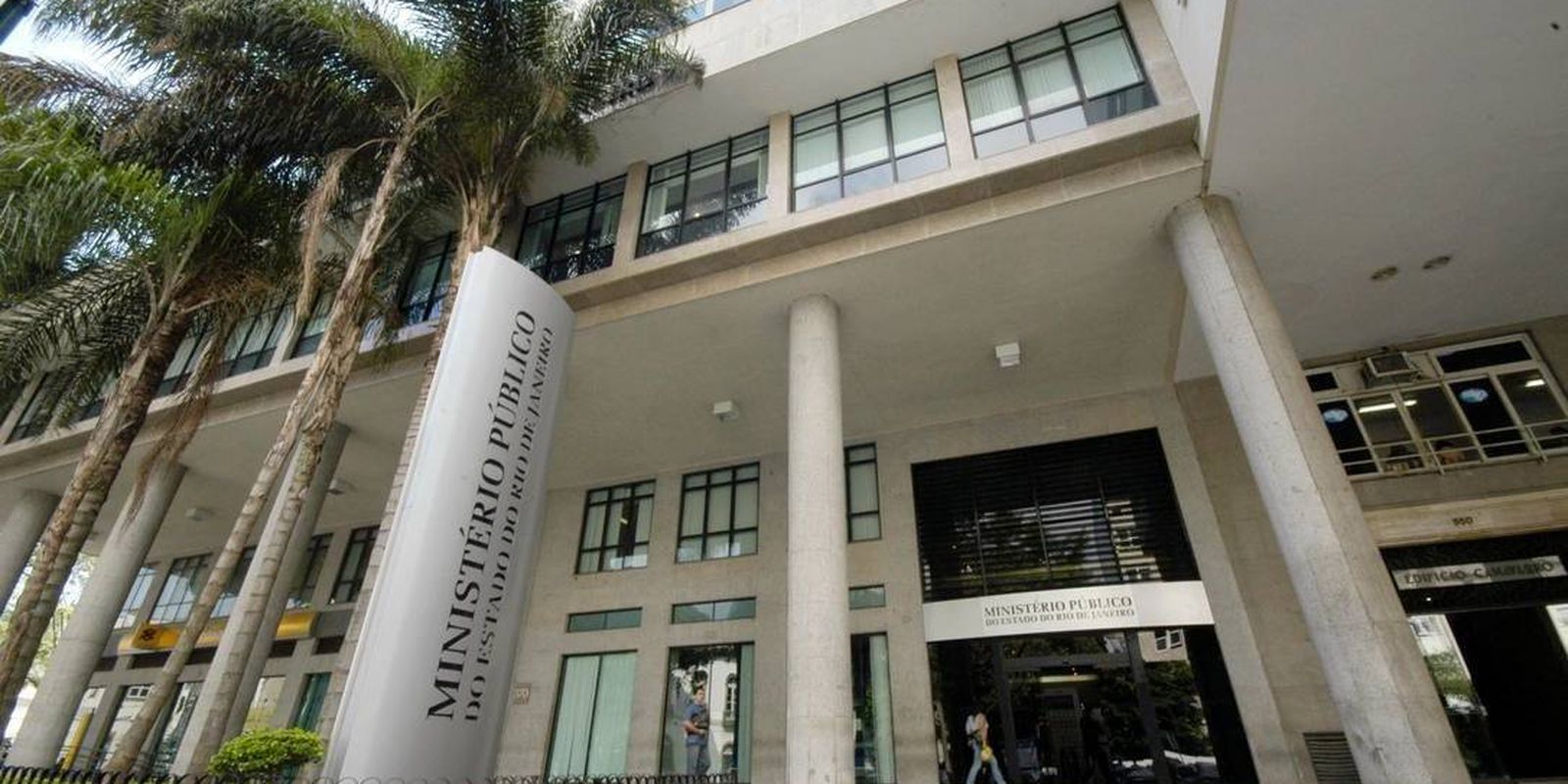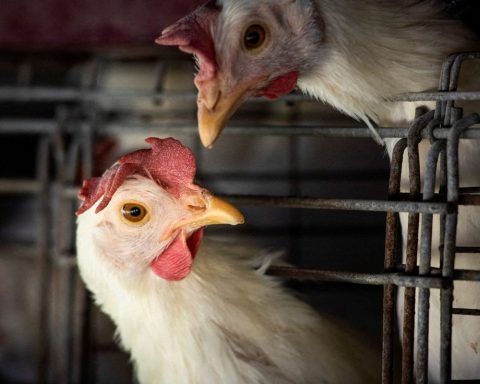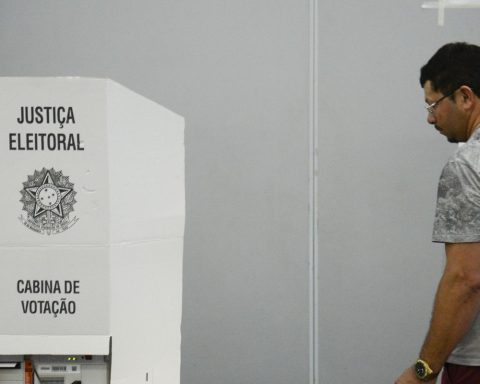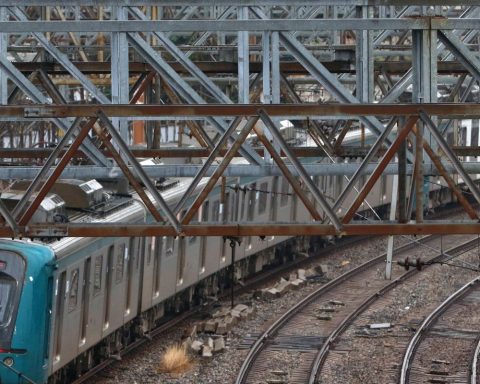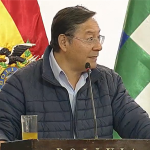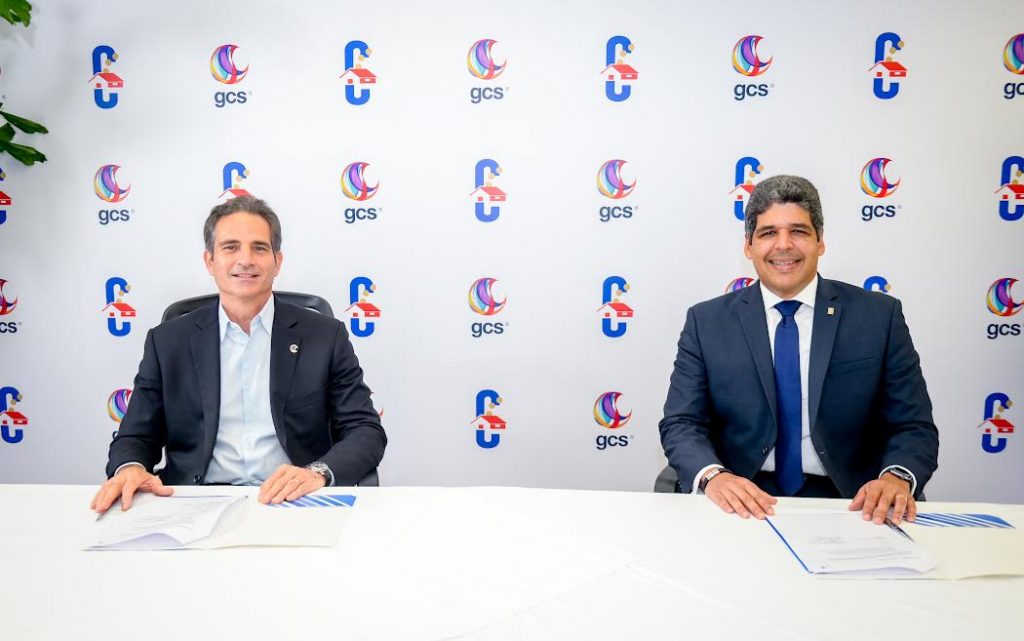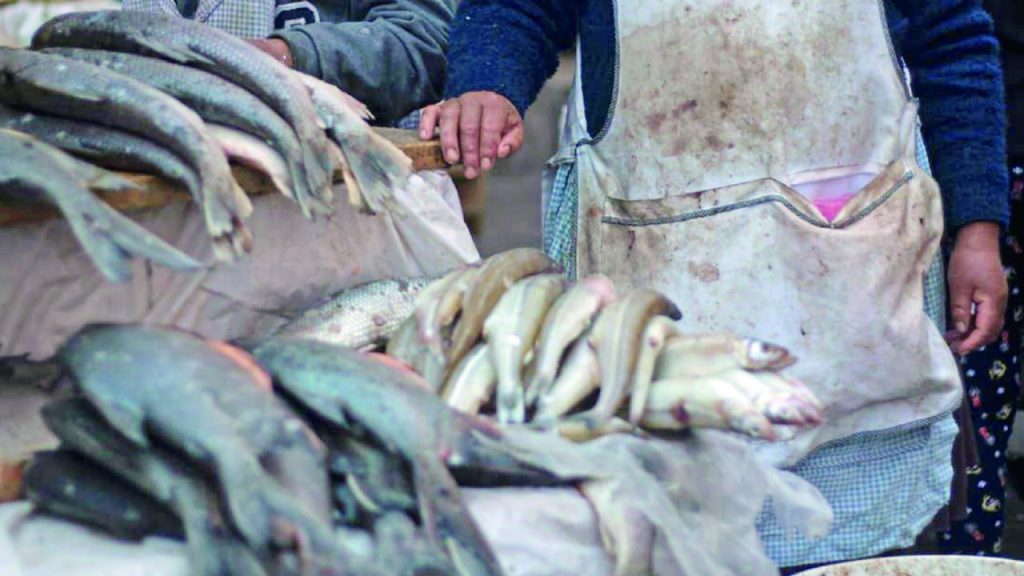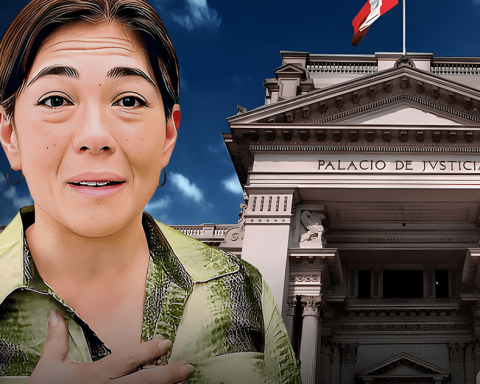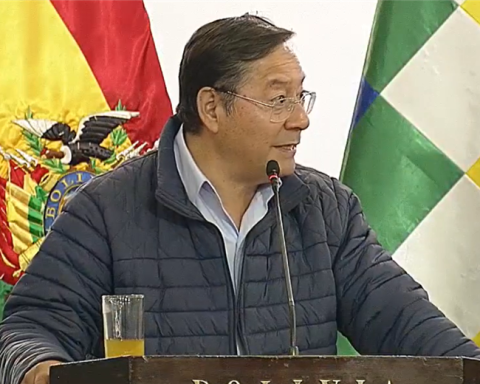The 2nd Public Prosecutor’s Office for Collective Guardianship Nucleo Nova Iguaçu of the Public Ministry of the State of Rio de Janeiro (MPRJ) obtained, last Friday (5), a decision by the Court to interdict the company Duratex SA (DECA), located in the district Industrial de Queimados, Baixada Fluminense, for the discharge of industrial waste into the Guandu River water system.
The decision, by the 2nd Civil Court of the District of Queimados, also determines the adequacy of storage and handling of all material that is found outdoors on the company’s premises, within 24 hours of the court notification. The stipulated daily fine is R$10 thousand for non-compliance with each of the two measures.
The MPRJ reported today (9) that the decision meets a public civil action filed on October 29, according to which an inspection by the State Environmental Institute (INEA), carried out on the 5th of last month, detected the irregular dumping of effluents in the flow of the Water Treatment Station (ETA Rio Guandu), which is the main source of water collection and supply in the metropolitan region of Rio de Janeiro.
Other problems were also identified, including inputs stocked in the yard without the necessary care, internal transport carried out by machines that spread material throughout the industrial unit, rainwater passage boxes compromised due to the accumulation of sediment and failure in the control of atmospheric pollution.
health hazard
In the decision, magistrate Luciana da Cunha Martins Oliveira recalled that the INEA action had partially interdicted the DECA company’s plant at the site until the problems were remedied, which did not occur.
“Even after partial interdiction, the defendant has been operating contrary to the legislation in force, disregarding the conditions of validity of the Operating License issued by INEA, being the cause of environmental damage consisting in the irregular discharge of effluents, inadequate disposal of waste and failure in air pollution control. The risk to the useful result of the process lies in the fact that the factory will continue to operate, even after the stoppage determined by the responsible inspection body, and the imminent danger to the health of the population”, said the judge.
Residents of the metropolitan region of Rio de Janeiro have been facing problems related to the quality of the water collected by the State Water and Sewage Company of Rio de Janeiro (Cedae). In the summers of 2020 and this year, 9 million Cedae customers from Rio de Janeiro and Rio de Janeiro felt the presence of the substance geosmina in the water distributed by the company, whose taste and odor resembled those of earth in the distributed water.
The privatization of Cedae, decided by the federal and state governments, ended up being divided into two stages. Phase 1 resulted in the concession to the private sector, in an auction held on April 30 of this year, on the São Paulo Stock Exchange, for the provision of water and sewage services in various regions of the state, for R$ 22.7 billion, 133% premium. At the time, three lots (1, 2 and 4) were sold by two companies for a period of 35 years. The distribution of water and the universalization of sewage collection and treatment in this first stage of Cedae’s concession process will benefit approximately 13 million people.
Lot 3 is scheduled to go up for auction on December 29th. In this phase 2 of the process, the winner of the auction is expected to universalize the supply of water and sewage treatment to more than 2.7 million people in up to 11 years. Cedae, however, will continue to exist, through the collection and sale of water to concessionaires.
THE Brazil Agency contacted the Duratex company and is awaiting a return.
